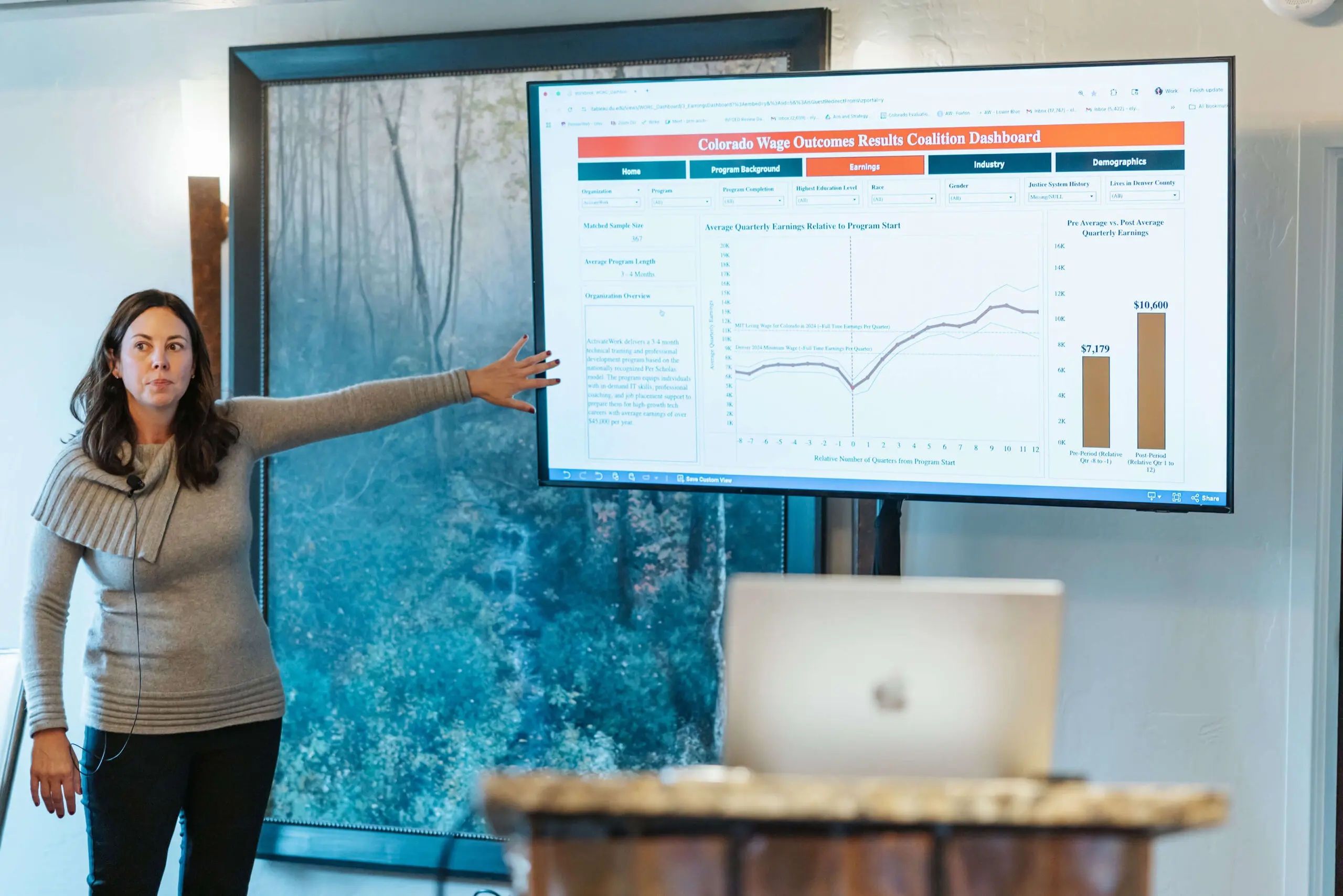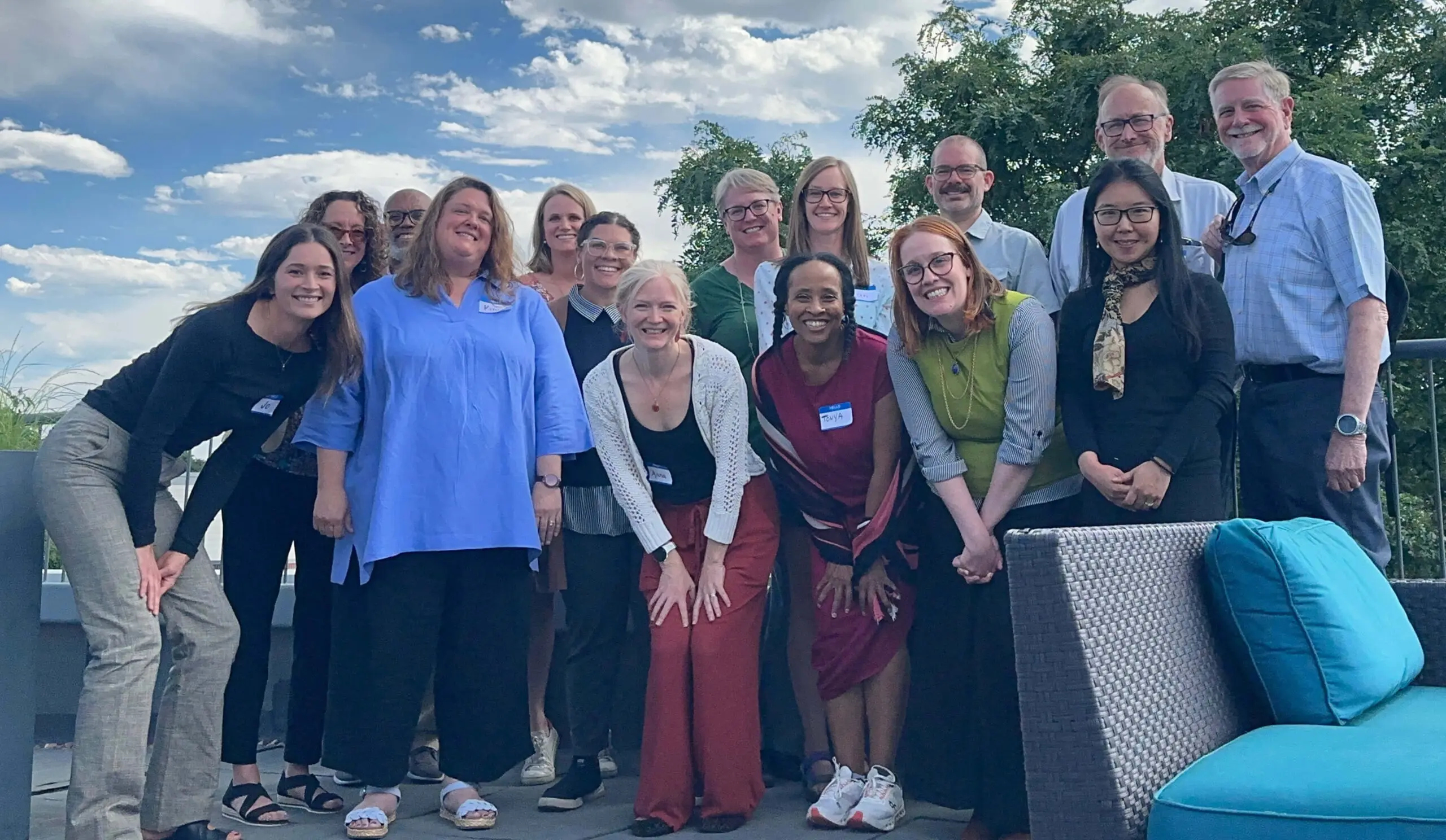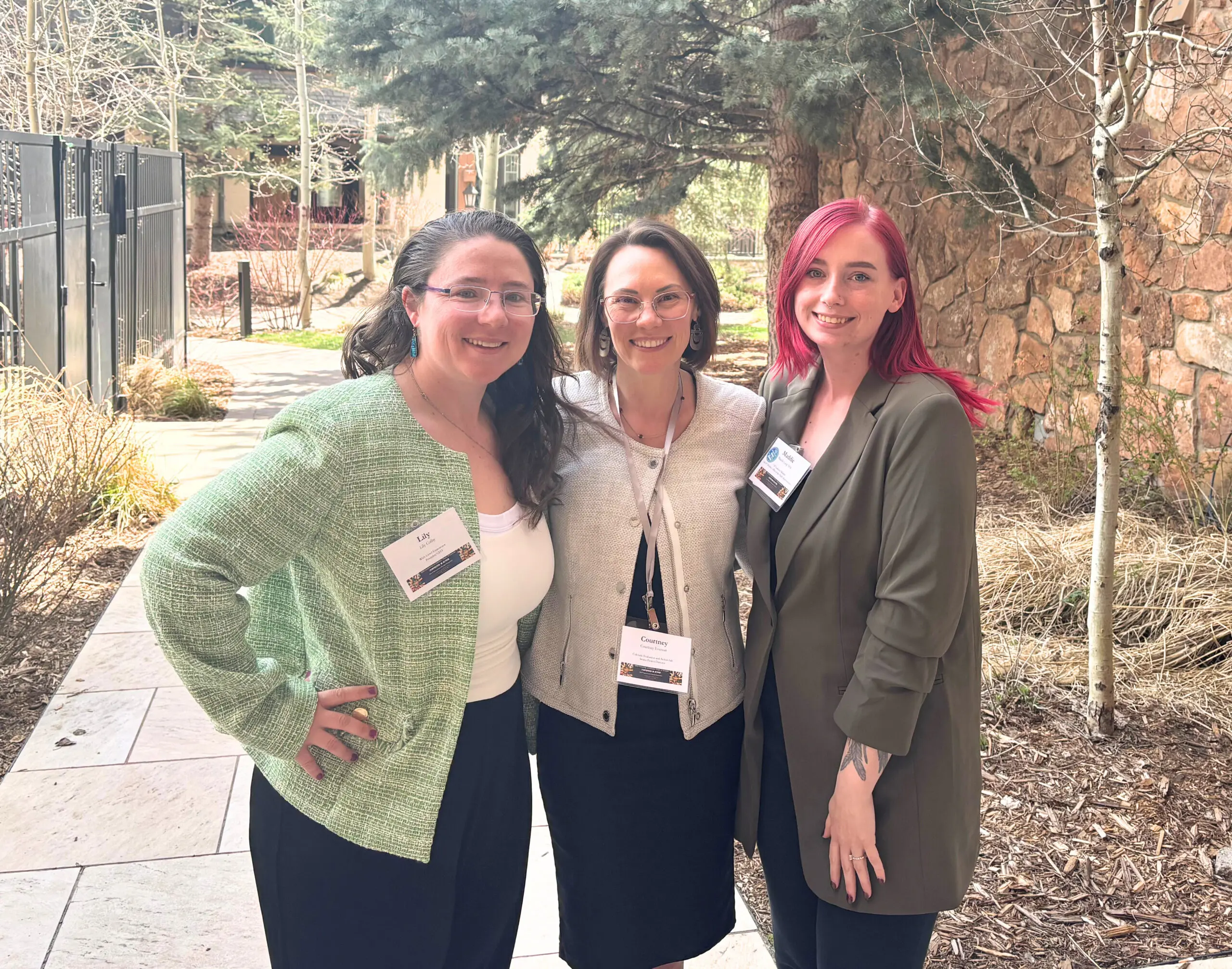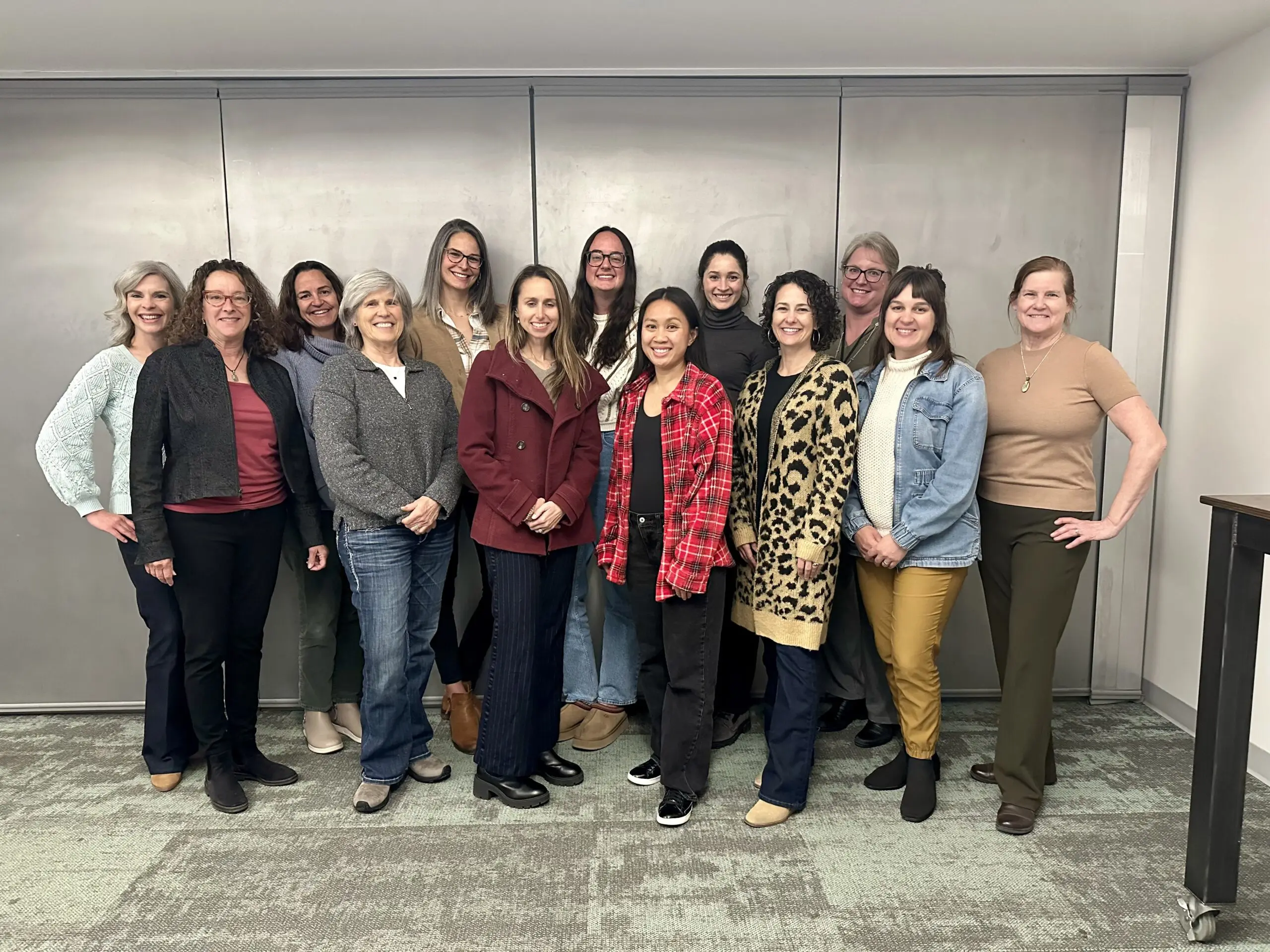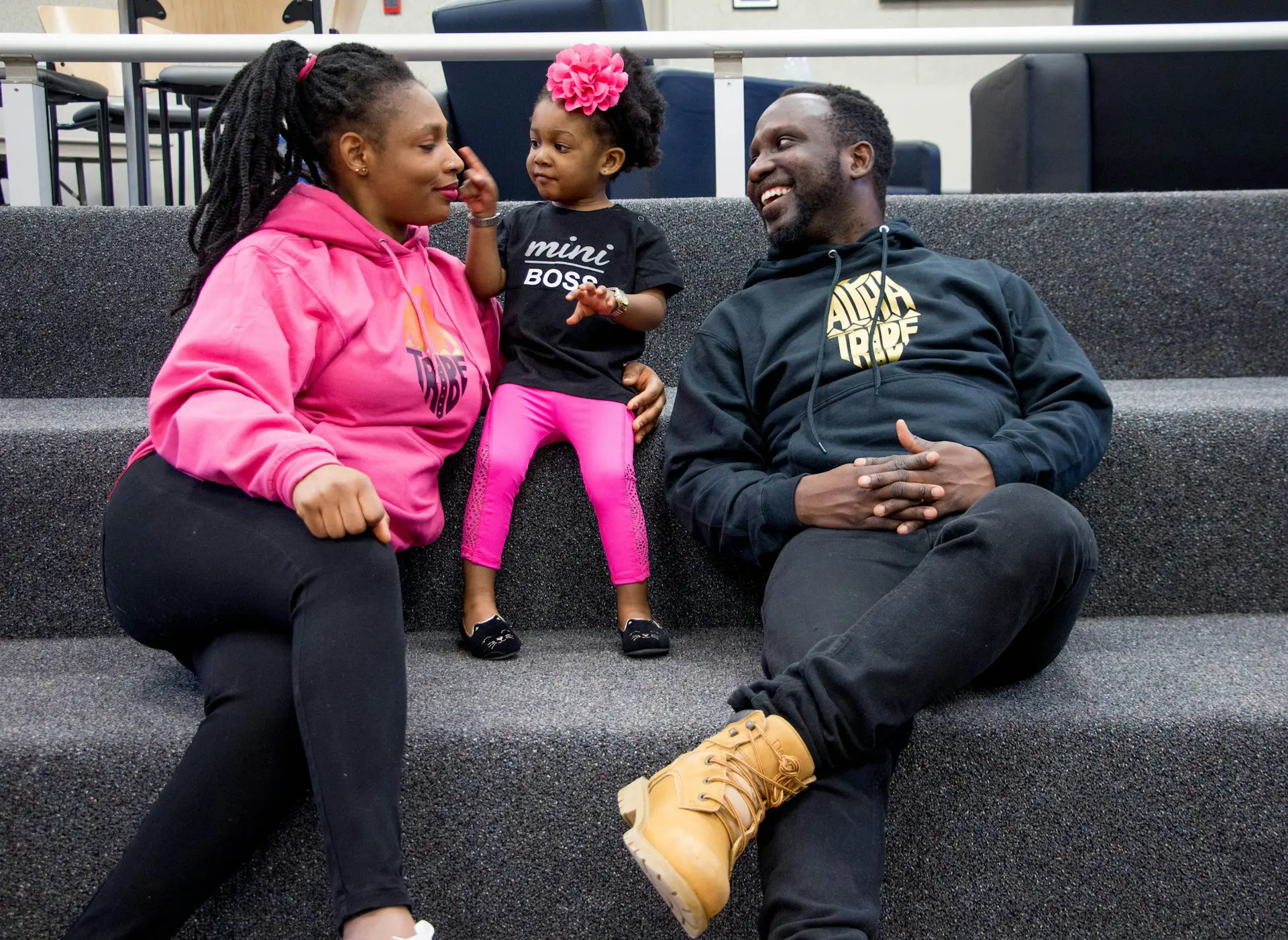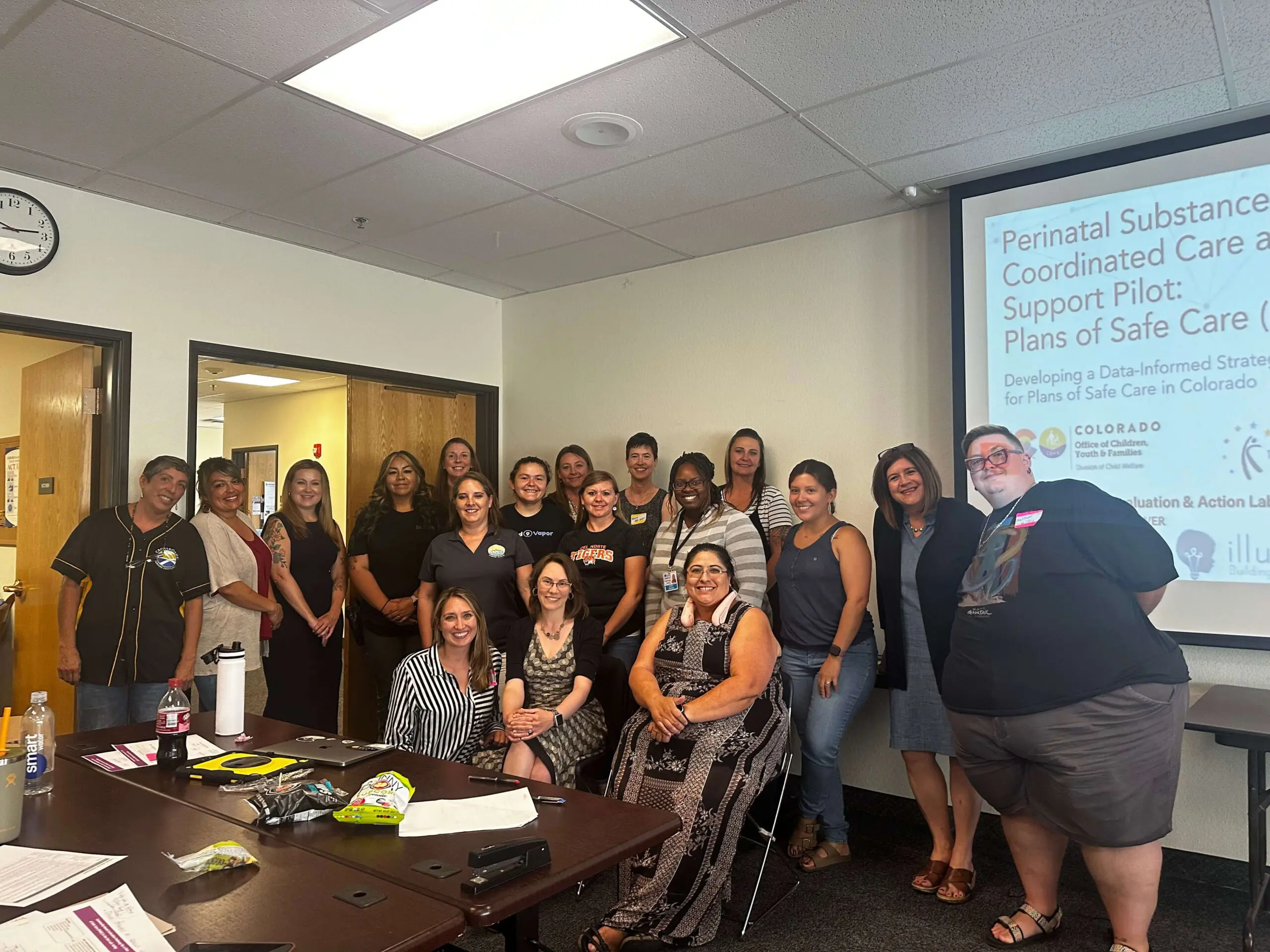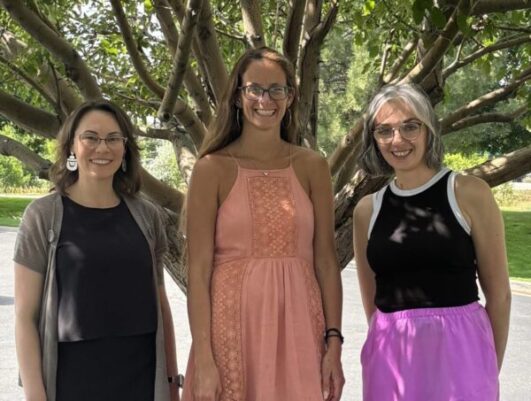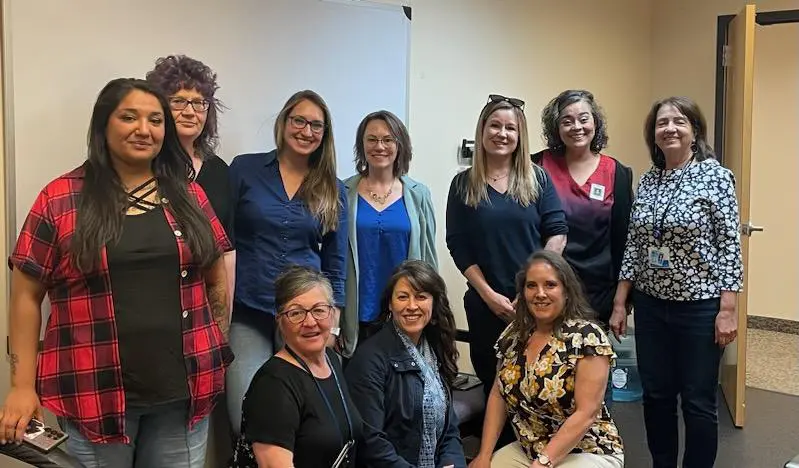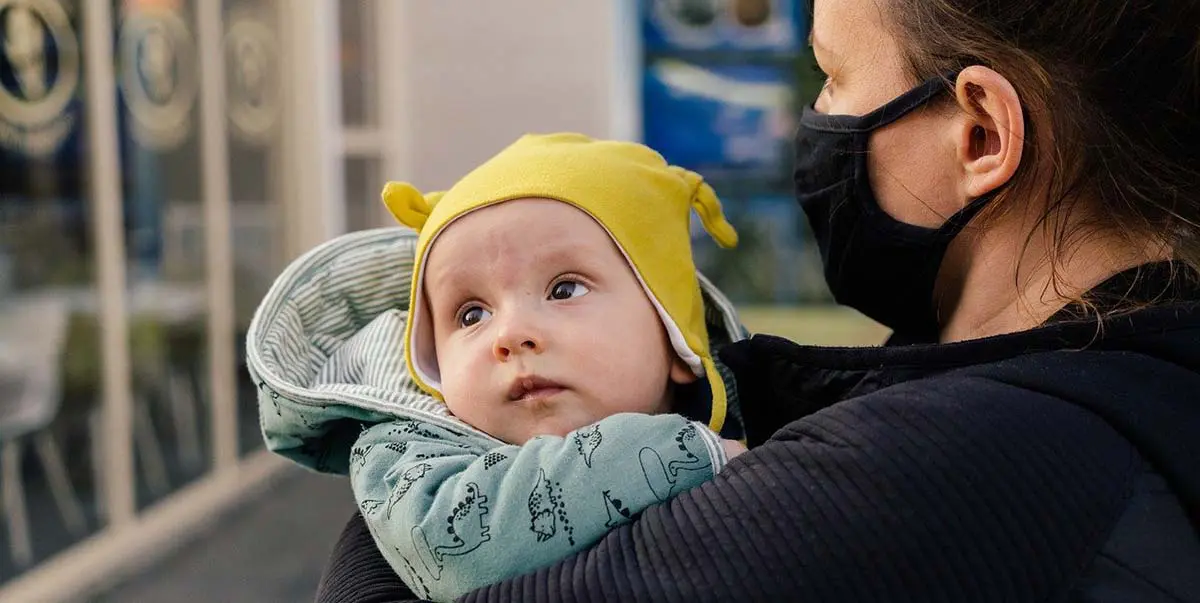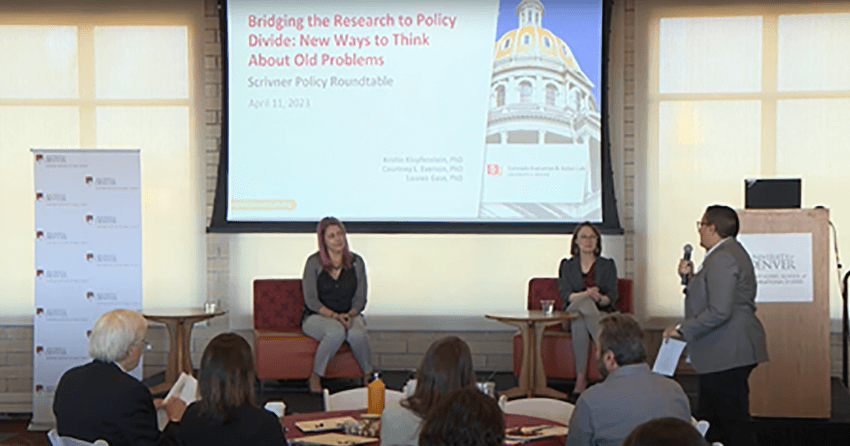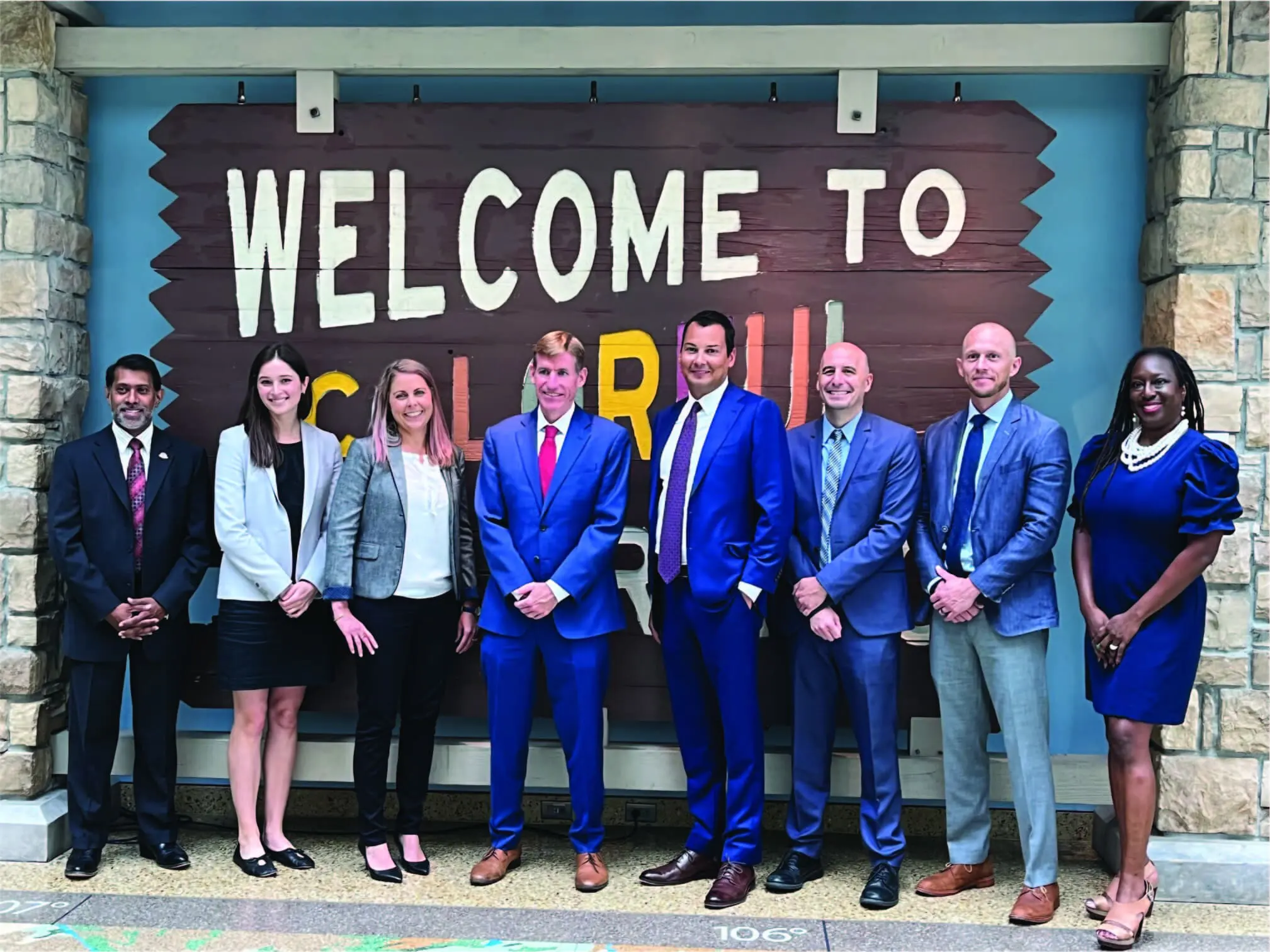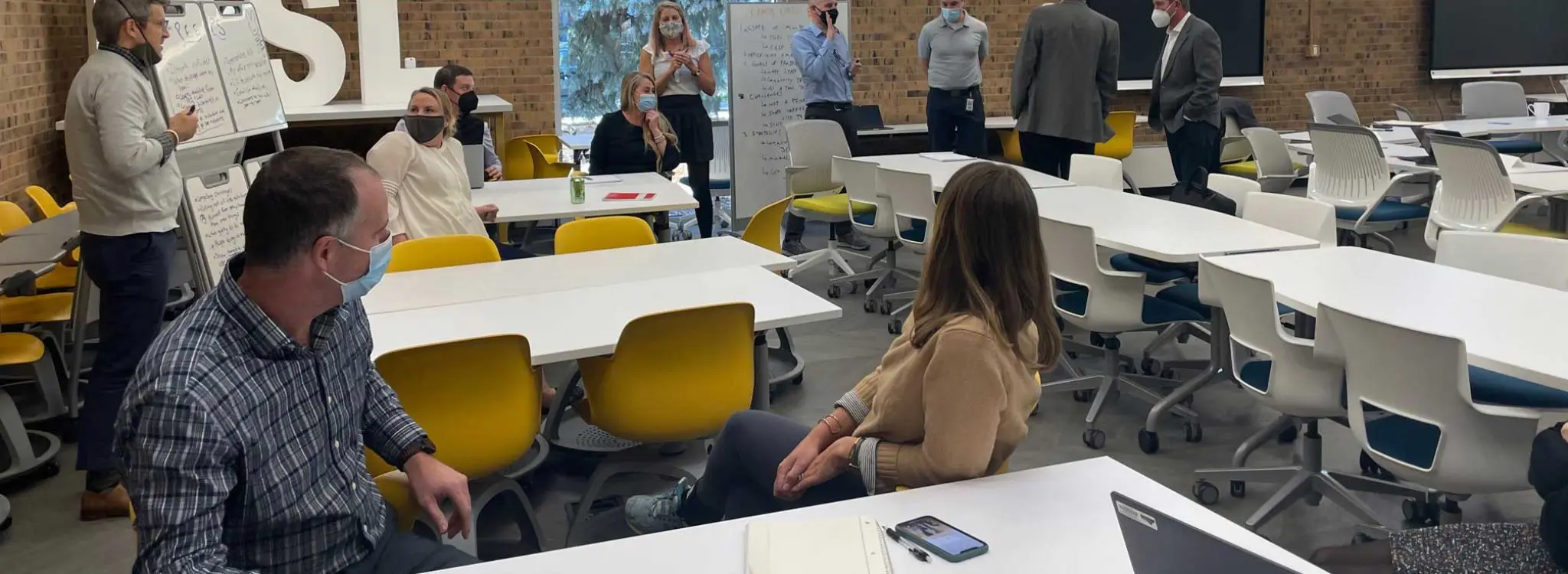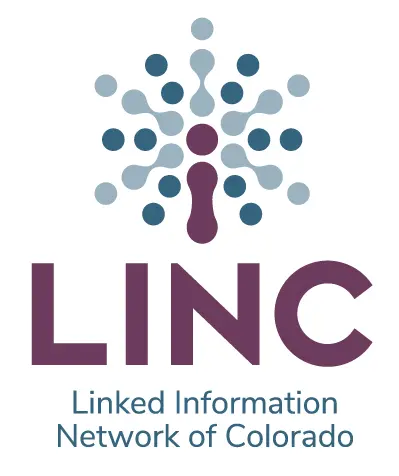Critical Data Ensures Child Care for Essential Workers
In the early days of the pandemic, many child care centers and other educational institutions temporarily shut down, while essential workers, particularly in the health care industry, desperately needed care for their own children. Countless early childhood educators lost their jobs in the closures, yet centers that remained open to care for the children of essential workers faced significant staff shortages. But how to fill these diverse and dispersed needs, especially during a public health crisis?
Early Milestones Colorado, a nonprofit organization advancing early childhood research, policy and practice, coordinated an effort to connect educators with child care centers who needed them. Three partners in that effort were Healthy Child Care Colorado, the Colorado Department of Human Services Office of Early Childhood (OEC), and the Colorado Evaluation and Action Lab. Healthy Child Care Colorado hosted a job board for temporary positions.
Serendipitously, OEC and the Colorado Lab were already working on an in-depth examination of the early childhood workforce in Colorado. (See Snapshot Report Released, below.)
“We realized that the various datasets we were examining could be pulled together to provide an up-to-date list of early childhood educators who had met licensing requirements and were ready to work,” says Whitney LeBoeuf, Director of Data Integration and Analytics for the Colorado Lab. In 2019, the Colorado Lab supported the hiring of the Linked Information Network of Colorado (LINC) data scientist at the state, John Hokkanen, who was able to focus immediately on compiling this necessary data.
Early Milestones and OEC took that eligible workforce list and outreached to over 30,000 early educators with a targeted message to answer the call to care for children of essential workers.
“There is no question that the public/private partnerships we had in place made quick action possible,” says Jennifer Stedron, Executive Director of Early Milestones Colorado. “In a crisis like COVID-19, you learn the value of strong connections and deep expertise.”
Snapshot Report Released
The Colorado Evaluation and Action Lab today released the study that provided the data for this effort: Colorado’s Early Care and Education Professionals: 2019 Snapshot Report. The report was funded by the Piton Foundation and the Temple Hoyne Buell Foundation to meet the escalating need for actionable information among policy- and decisionmakers who seek to provide for the well-being of our youngest children.
The key implications of the study are:
Colorado needs to examine its commitment to infant and toddler care in order to meet the demands of children and families. There were over 23,000 early care and education (ECE) professionals in Colorado in 2019, most serving kids ages 3 – 5. Public and private center-based teachers serving 3- to 5-year-olds outnumbered infant and toddler teachers 2 to 1. The desired split should be nearly equal.
Colorado needs effective strategies for ECE professional recruitment, retention, and professional development in order to spend its childhood investments effectively. Leadership role disparities, high turnover, and job stagnation among infant and toddler assistant teachers are significant. Significantly:
- Twice as many White professionals served in director positions as Hispanic professionals, driven in part by the much greater likelihood that White professionals have obtained college degrees.
- More than 1 in 4 ECE professionals changed jobs within the field in 2019 alone, and fifty percent had made job changes within the previous three years.
Colorado needs to invest in data systems and smart use of these data to be responsive to changing conditions of the ECE professional workforce. This report provides an important baseline, but particularly given the impact of the COVID-19 pandemic, it is critical to continue and expand research into this important workforce.
Interactive dashboard to come in Summer 2020
Later this summer, the Colorado Evaluation and Action Lab and the Office of Early Childhood will release an interactive data dashboard to answer high-priority questions being asked by policy and program leaders as well as stakeholders in the community.
Visit the website of the Colorado Evaluation and Action Lab for a full copy of the report and more information about the dashboard, currently in development.
The Colorado Evaluation and Action Lab seeks to help the state pursue data-informed strategies to improve the lives of Colorado residents. The primary mechanism for this work is the Linked Information Network of Colorado (LINC).




